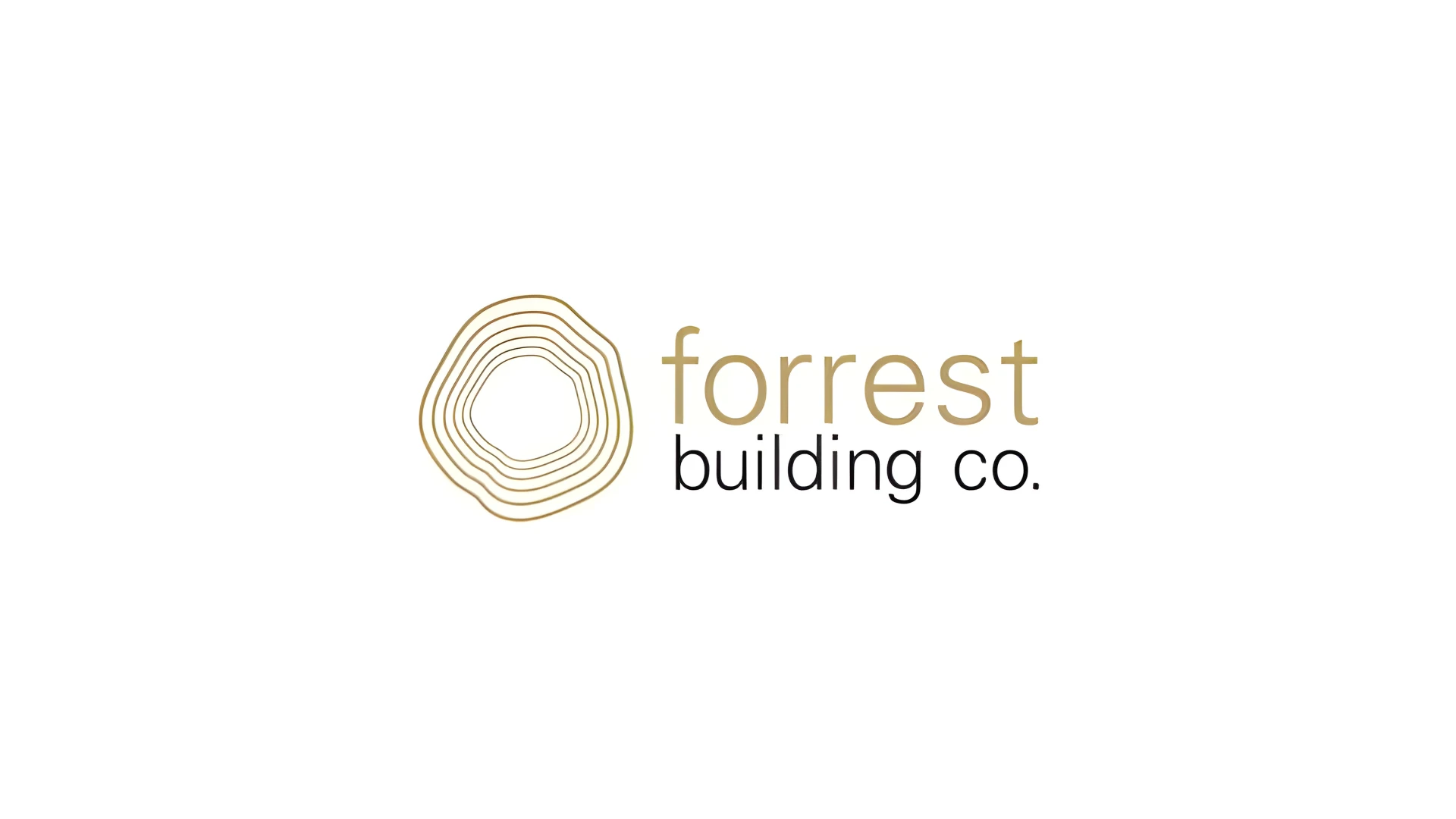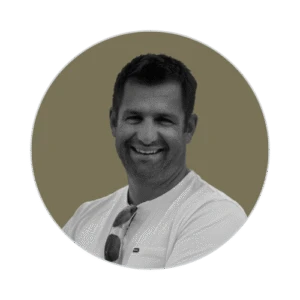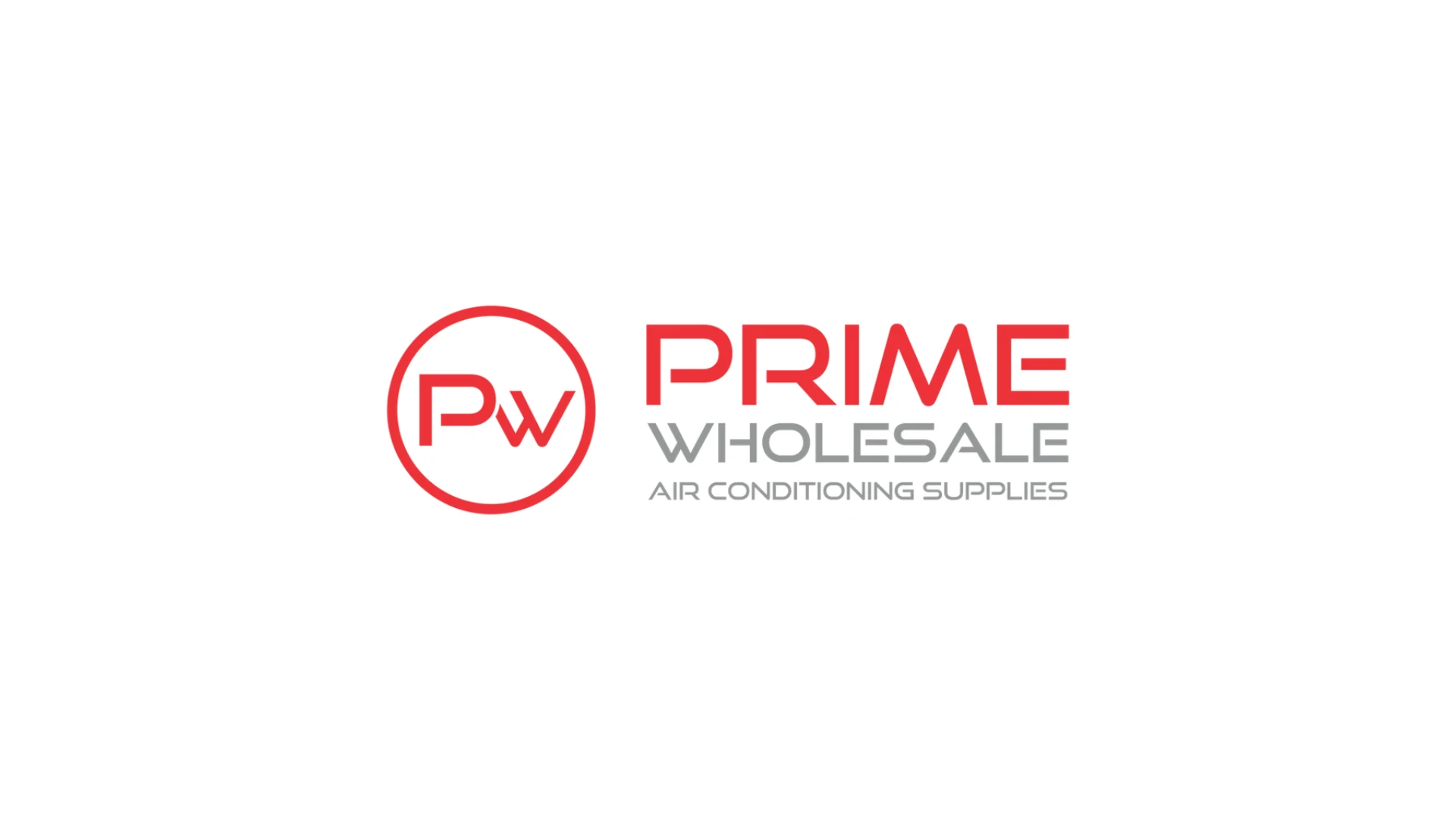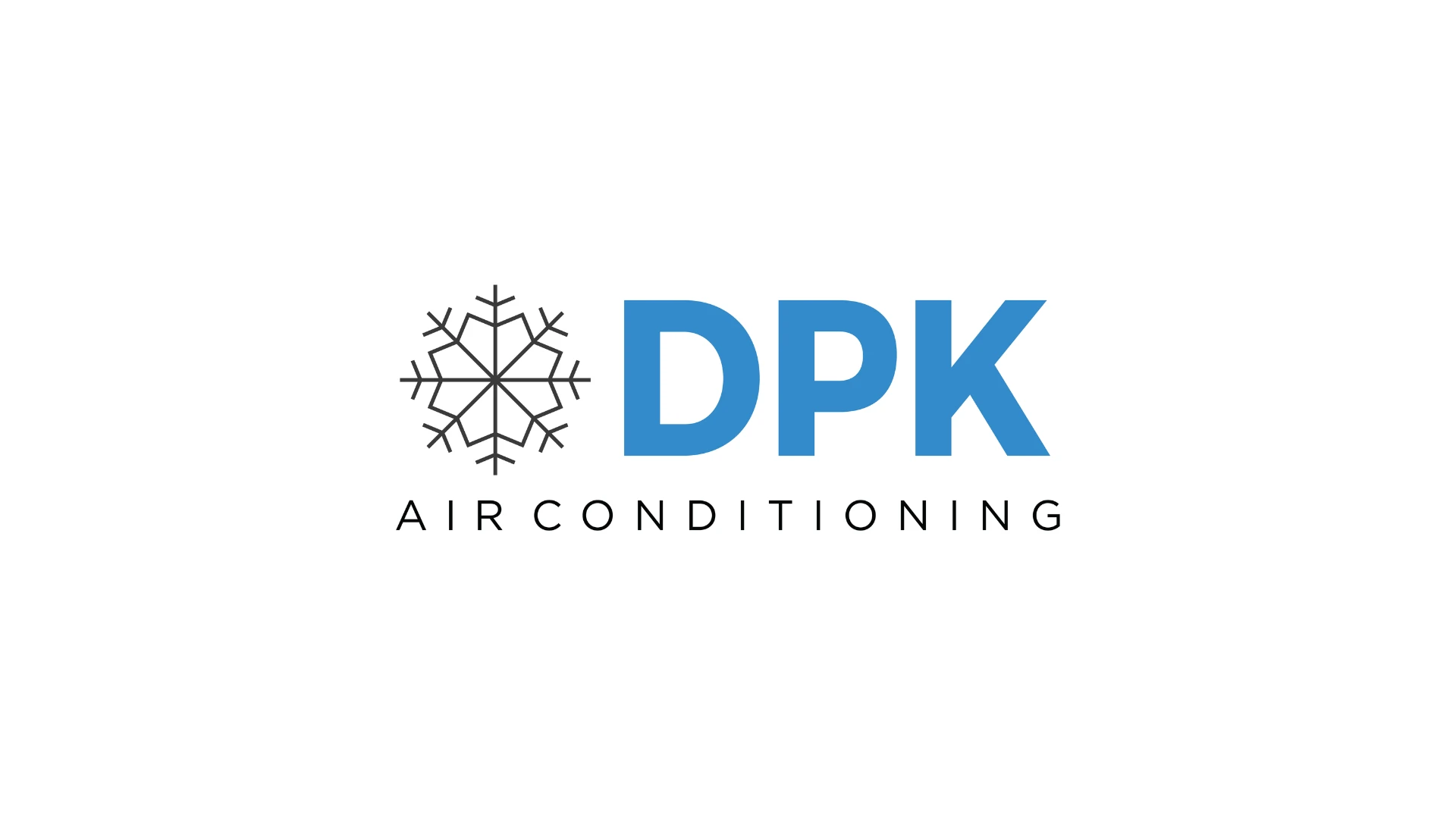How Personal & Professional Goals transformed a directionless building company into a $900K quarterly machine (and why most business owners confuse being busy with making progress)
The Wake-Up Call Every Business Owner Needs
Jack Forrest was running hard in circles.
As founder of Forrest Building Co. in Darwin, Northern Territory, he’d built a solid construction business with decent revenue and a capable team. Projects were flowing, customers were paying, and from the outside, things looked successful.
But Jack was in what we call the “some success” trap:
- No clarity on direction for the next 12–24 months
- Zero structure or accountability as the owner
- Team stuck in limbo without clear goals or purpose
- Loose, capacity-draining sales process eating resources
- Working harder each quarter but feeling like he was going nowhere
“I was in a patch of life and business where I didn’t have clarity or direction. I was just going through the motions and so was the team. We were all just kind of in limbo… doing things without really moving forward.”
The brutal reality: Jack was confusing motion and action with progress and growth.
In 9 months, Jack’s transformation delivered:
- Quarter 1: $416K → Quarter 2: $662K → Quarter 3: $900K
- Team transformation: from directionless to locked-in, with clear ownership and purpose
- Personal freedom: 2-week Simpson Desert motorbike adventure + Bali family holiday during the biggest quarter ever
Here’s how the 10 Fundamentals of Business helped Jack create alignment for this transformation.
The Clarity Crisis That Destroys Business Growth
Most business owners operate in permanent reactive mode:
- Responding to whatever comes up each day
- Making decisions based on immediate pressures
- Hoping good work will somehow lead to business growth
- Working harder instead of working systematically
That’s what happens when you’re operating in “survival mode.”
For Jack specifically, this created two massive problems:
1. The Direction Deficit
Without clear personal and professional goals:
- Every opportunity felt urgent because there was no filter for priorities
- Team energy was scattered across conflicting objectives
- Growth happened accidentally instead of predictably
- Success felt hollow because it wasn’t connected to deeper purpose
- Burnout became inevitable because his effort wasn’t aligned with what he truly wanted
Jack’s business was making money—but it wasn’t making progress.
2. The Team Limbo Effect
Because Jack lacked direction as the business owner:
- Team members disengaged without a clear bigger picture
- Initiative disappeared because no one knew what “good” or “done” looked like
- Culture became transactional
- Good people wanted to leave because they lacked purpose
“I’m not the best communicator… my project manager wanted more details, and I wasn’t giving them. That caused tension and performance drops. There were also people on the team who shouldn’t have been, but I never had time to address it.”
Jack’s Breakthrough Happened When He Shifted Into Strategic Mode
Jack’s diagnosis was immediate: he needed goal clarity, not goal setting.
He wasn’t lacking effort — he was lacking alignment between what he wanted personally and what his business could deliver professionally.
The Personal–Professional Integration Process
The problem: Most business owners compartmentalise personal and professional goals, creating conflict and chaos.
The solution: Align personal aspirations with professional objectives to create powerful momentum and clarity.
Jack’s transformation began the moment he stopped asking:
“How do I grow my business?”
and started asking:
“What kind of life do I want to create — and how can my business serve that?”
“Andrew got straight to the point. He helped me and my team have challenging, ego-free conversations that created massive clarity. I could finally empower the team and get time back in my days.”
Fundamental #1: Personal & Professional Goals Alignment
Jack’s transformation centered on Fundamental #1: Personal & Professional Goals.
In my experience, 90%+ of business owners skip or rush this step—leading to confusion, burnout, and wasted effort.
The 4-Step Goal Alignment System
Step 1: Set Personal Goals
- Define what success looks like personally (lifestyle, relationships, experiences)
- Identify specific outcomes for the next 1–3 years
- Create measurable targets for income, time freedom, and wellbeing
- Establish clear priorities aligned to your values
Step 2: Stress Test Personal Goals
- Challenge each goal with “what if” scenarios
- Verify realism given your current situation
- Eliminate conflicting goals
- Confirm your commitment to what’s required
Step 3: Set Professional Goals
- Design business objectives that serve your personal vision
- Create clear revenue, team, and operational targets
- Build measurable outcomes that lead to personal success
- Establish milestones that build the foundation for your future
Step 4: Stress Test Professional Goals
- Verify business goals are achievable
- Ensure they support personal priorities
- Confirm the business model delivers both financial and lifestyle outcomes
The Psychology of Integrated Goals
Before Integration:
- Personal desires compete with professional demands
- The team feels transactional and disengaged
After Integration:
- Personal and professional goals reinforce each other
- The team becomes purpose-driven and self-accountable
The Numbers Tell the Story
| Business Metric | Q1 (Start) | Q2 (Growth) | Q3 (Scale) | Total Growth |
|---|---|---|---|---|
| Quarterly Revenue | $416K | $662K (+59%) | $900K (+116%) | +$484K |
| Team Engagement | Directionless limbo | Improved focus | Locked-in ownership | Cultural transformation |
| Owner Freedom | Reactive firefighting | Strategic planning | Adventure travel | True lifestyle freedom |
| Sales Process | Loose, capacity-draining | Systematic efficiency | High-converting machine | Operational excellence |
“Everybody is more locked in now. We’ve all taken more ownership. The team enjoys clear direction and higher job satisfaction.”
Jack stress-tested this by taking a 2-week motorbike trip through the Simpson Desert — with minimal phone service.
What happened?
Nothing.
The business ran smoothly and hit a record quarter.
Now, Jack and his family are heading to Bali.
That’s not work–life balance.
That’s work–life integration.
The Framework in Action
Personal Goal: Adventure and Family Time
Old: “I’ll take time off when the business is stable.”
New: “I’ll build a business that lets me prioritise adventure with my family.”
Result: Simpson Desert + Bali holidays during record quarters.
Professional Goal: Predictable Growth
Old: “Work harder and hope revenue increases.”
New: “Create systems for sales and team processes that generate predictability.”
Result: $416K → $662K → $900K in 9 months.
Team Goal: Clear Direction and Purpose
Old: “Give people tasks and hope they care.”
New: “Connect roles to company vision and personal growth.”
Result: Team transformation with clear ownership.
Sales Process Goal: Efficiency and Conversion
Old: “Take every opportunity.”
New: “Build systems that attract and convert the right clients.”
Result: From chaos to consistent, efficient growth.
Why Most Business Owners Stay Stuck in Survival Mode
- They set business goals without personal alignment → creating burnout.
- They confuse activity with progress → wasting energy.
- They don’t connect teamwork to bigger purpose → disengaged teams.
- They avoid the hard work of clarity → lack of prioritisation.
- They lack systematic accountability → repeated broken promises.
“No one’s working harder — we’re just clearer. The team holds each other to standards now. It’s their culture, not mine.”
The Three Kinds of Business Owners
Owner 1: Survivor (React to whatever happens)
- Personal goals conflict with business demands
- Team lacks direction and motivation
- Growth happens accidentally
Owner 2: Strategist (Plans, but lacks integration)
- Goals exist, but not aligned
- Team executes tasks, not vision
- Growth improves, but depends on the owner
Owner 3: Integrator (Personal and professional goals aligned)
- Vision drives strategy
- Team takes ownership and creates culture
- Growth becomes predictable and fulfilling
“Everything’s smoother now. The little stuff doesn’t get to me anymore. I just focus on improvement.”
Jack became Owner 3 in 9 months. Most never do.
The Bottom Line
Jack’s transformation wasn’t about working harder — it was about aligning his business with his personal vision.
The Personal & Professional Goals Framework took him from $416K to $900K quarters while reducing his time in the business.
“I took 2 weeks off to ride through the Simpson Desert and still hit nearly $1M. That’s freedom.”
If you’re working hard but feel stuck, your problem isn’t strategy or team.
It’s goal clarity and alignment — and that’s fixable.
What Happens Next
The Personal & Professional Goals Framework is Fundamental #1 of the 10 Fundamentals of Business.
All 10 Fundamentals Work Together
- Personal & Professional Goals ← You are here
- Strategic Priorities
- Financial Systems
- Execution Framework
- Sales & Marketing
- Systems & Processes
- Service Fulfilment
- People & Team Management
- Reporting & Accountability
- Mindset & Identity
Inside ARC Connect (Free Access)
- Complete resources, tools, systems, and trainings
- Monthly live workshops with Andrew and the ARC Team
- Real support for implementation
ARC Connect isn’t “just ideas.” It’s guidance and accountability to execute.
P.S. Jack’s growth from $416K to $900K quarters — while taking time off — wasn’t luck. It was alignment.
“Working with Andrew shaved years off our growth. The investment paid for itself fast.”
The choice is yours:
- Keep running in circles and hoping effort equals progress
- Or create alignment and build a business that serves your life
Jack chose alignment.
You can too.




